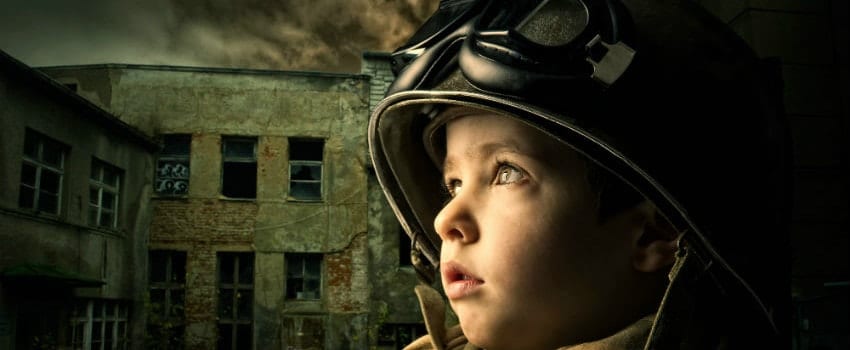
According to Unicef, approximately one in five children living throughout the Middle East and North Africa are in urgent need of humanitarian assistance. Unicef adds that more than 90 per cent of these children live in countries that have been stricken by conflict. Geert Cappelaere, Unicef Regional Director says that war robs millions of children of their childhood and puts at risk decades of progress that has been made across the Middle East and North Africa.
Children suffer the most
Children are the ones that suffer most from continuous violence, displacement and lack of basic services. In many cases conflict participants purposely target civilian infrastructure such as hospitals, water, energy, sanitation and hygiene installations. Rather unsurprisingly, deliberate targeting of this sort exposes children to the risk of disease and death. Millions of families have been forced to flee their homes as a result of the violence. In some case under fire and in other cases multiple times. The continuing violence and displacement makes it much harder for families and their children to cope.
No end in sight
Mr Cappelaere says that the conflict seems to be without end which has put a heavy financial burden on many families who are often left with no choice but to send their children out to work and to marry their daughters off early. He adds that the number of children that are affiliated with the fighting has more than doubled.
The situation is bad
Within Syria and those countries which host refugees, approximately 12 million Syrian children require humanitarian assistance. In 2012 that number was just half a million. It is estimated that 2 million children reside in hard to reach areas of Syria which has resulted in them receiving limited humanitarian aid over the years. In Yemen, the conflict has resulted in the destruction of water and sanitation systems which has caused the world’s worst outbreak of cholera and acute watery diarrhea. Half of Yemen’s health care facilities no longer function and water systems have been destroyed which has meant that 15 million people lack access to safe water of basic healthcare.
World leaders need to do more
Mr Cappelaere says the region’s children have had to endure unprecedented levels of violence. Many have witnessed acts of violence that no one should ever have to witness. If the conflicts continue, Mr Cappelaere says the consequences for the region but the world at large will be dire. He calls on world leaders to do more to put an end to the violence for the sake of girls and boys and their futures.





